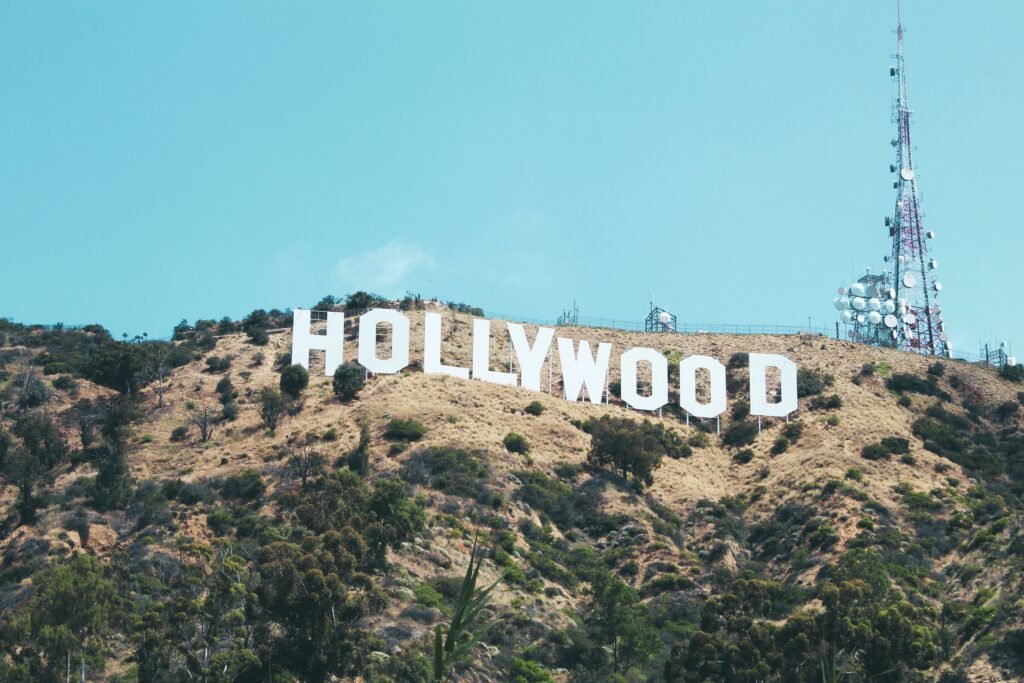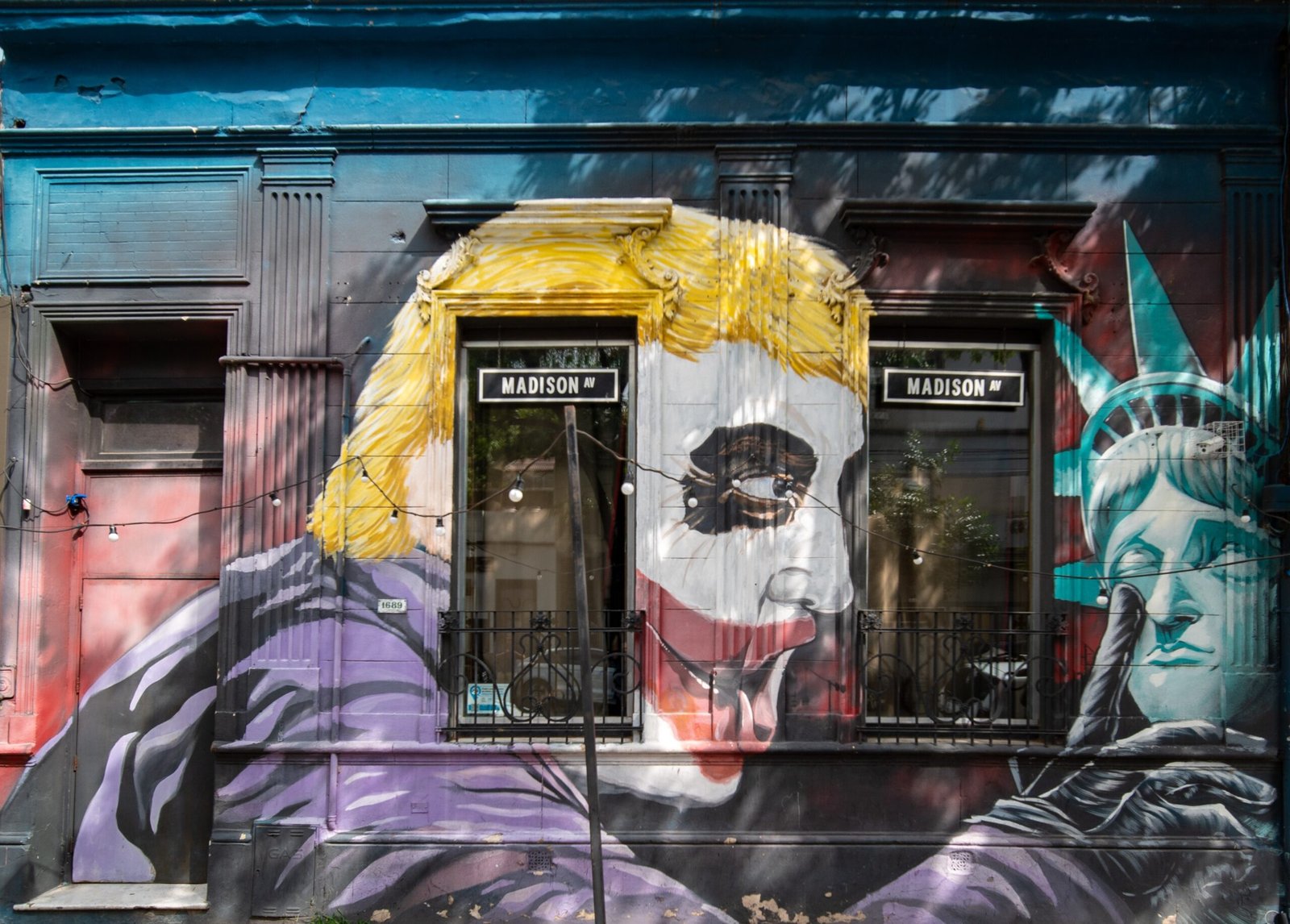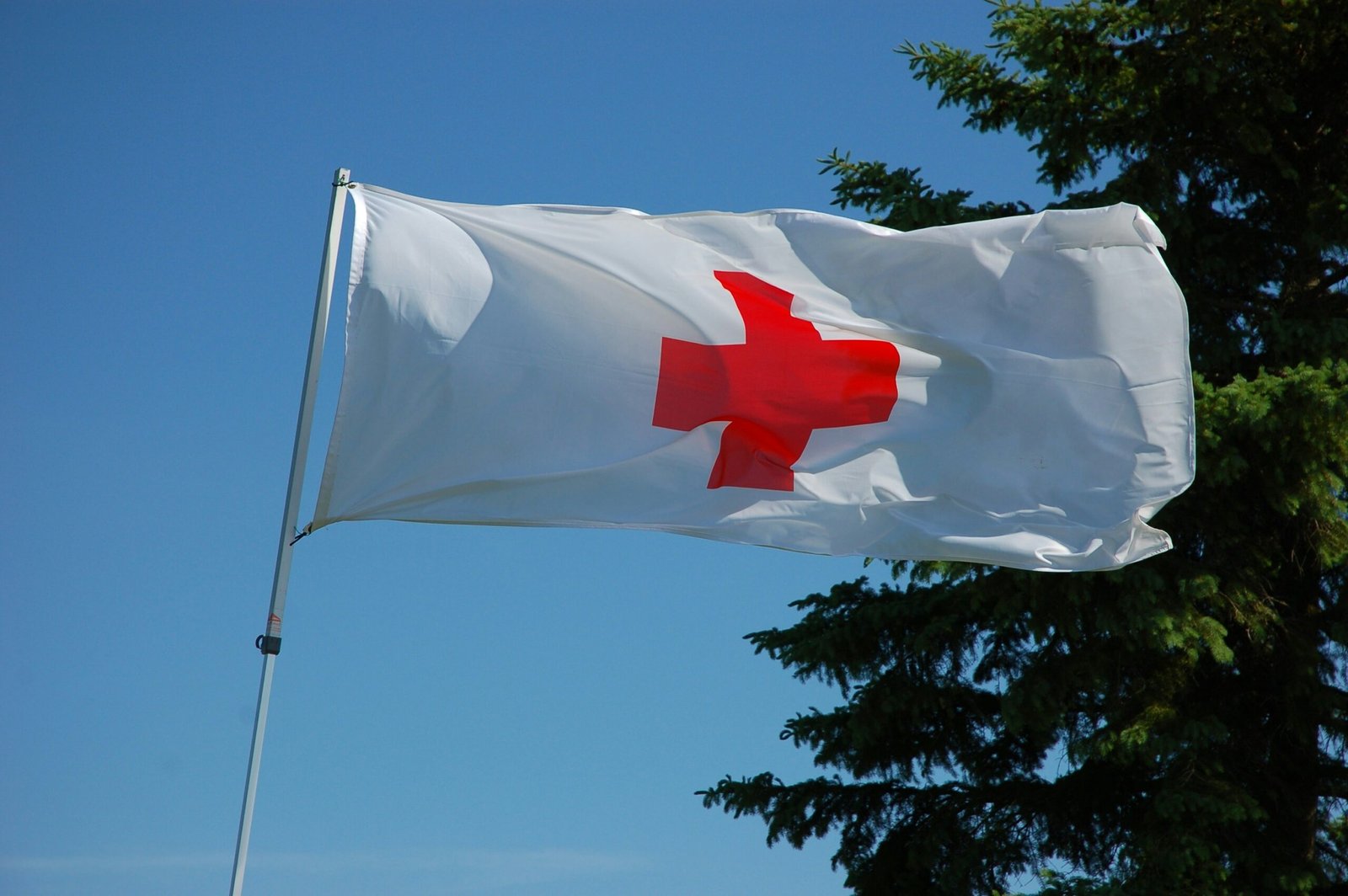In school, I remember being shown an old TV advert that encouraged people to be politically active in the UK. The main message was if you don’t do politics, there’s not much you do. That is as true for dealing with the cost of living as it is for getting rid of potholes, or having safe neighbourhoods.
I still relate strongly to the advert’s message today. Our daily lives, everything we do, is affected by politics. I understand politics best as being about power. Politics is about the power to make decisions not only for other people but for yourself. It is about bringing important issues to the table and making sense of their impact on people’s lives. Ultimately, in politics lies the power to better or worsen lives.
Just like politics enters every corner of our lives, we often find ourselves experiencing some form of pop culture. Pop culture is anything and everything consumed by the masses. Across music, television, cinema, sports, fashion, and books, pop culture reaches every crevice of our society. Even the most selective of us, who avoid the TikTok trends or the next biggest TV show, can only partially avoid pop culture. That’s because pop culture has social currency and currency currency. It is talked about in one shape or form everywhere. Industries, from Hollywood to Rockstar Games, tap into that to make pop culture a significant cog in the global economy.

These two phenomena – politics and pop culture – are two sides of the same coin. Politics has always existed in pop culture, and pop culture always informs the political status quo. In modern times, the line between them has increasingly become blurred.
Social media is one of the best examples of how pop culture and politics work hand in hand. It has transformed how we consume information and, by extension, how we consume pop culture. Social media brings us within arms reach of our favourite celebrities. It enables us to join communities and discussion forums dedicated to our passions and interests. It also allows us to be in the loop on the latest trends, whether in fashion, music, or new slang phrases.

These advantages of social media shape our opinions not only on what is ‘cool’, but what matters. Social media influencers shape what products people believe to be valuable and what lifestyle choices to adopt. Of course, ‘what matters’ will vary from person to person but the main point is that consuming pop culture online does affect how we make sense of the world around us. In doing so, it shapes what we prioritise and care about in our daily lives. Bringing it back to the power to make decisions about how we lead our lives, that is as political as it can get.
So, in a nutshell, we can neither escape politics or pop culture. Both are fixtures in our lives, so it is useful to try to understand how they work together to impact our everyday lives. I think it’s reasonable then to make a slight change to the message from the old TV advert I started with. If you don’t do politics and pop culture, there’s not much you do.



Great read!
Thought provoking, I enjoyed reading it.
An excellent summary of why pop culture matters politically.